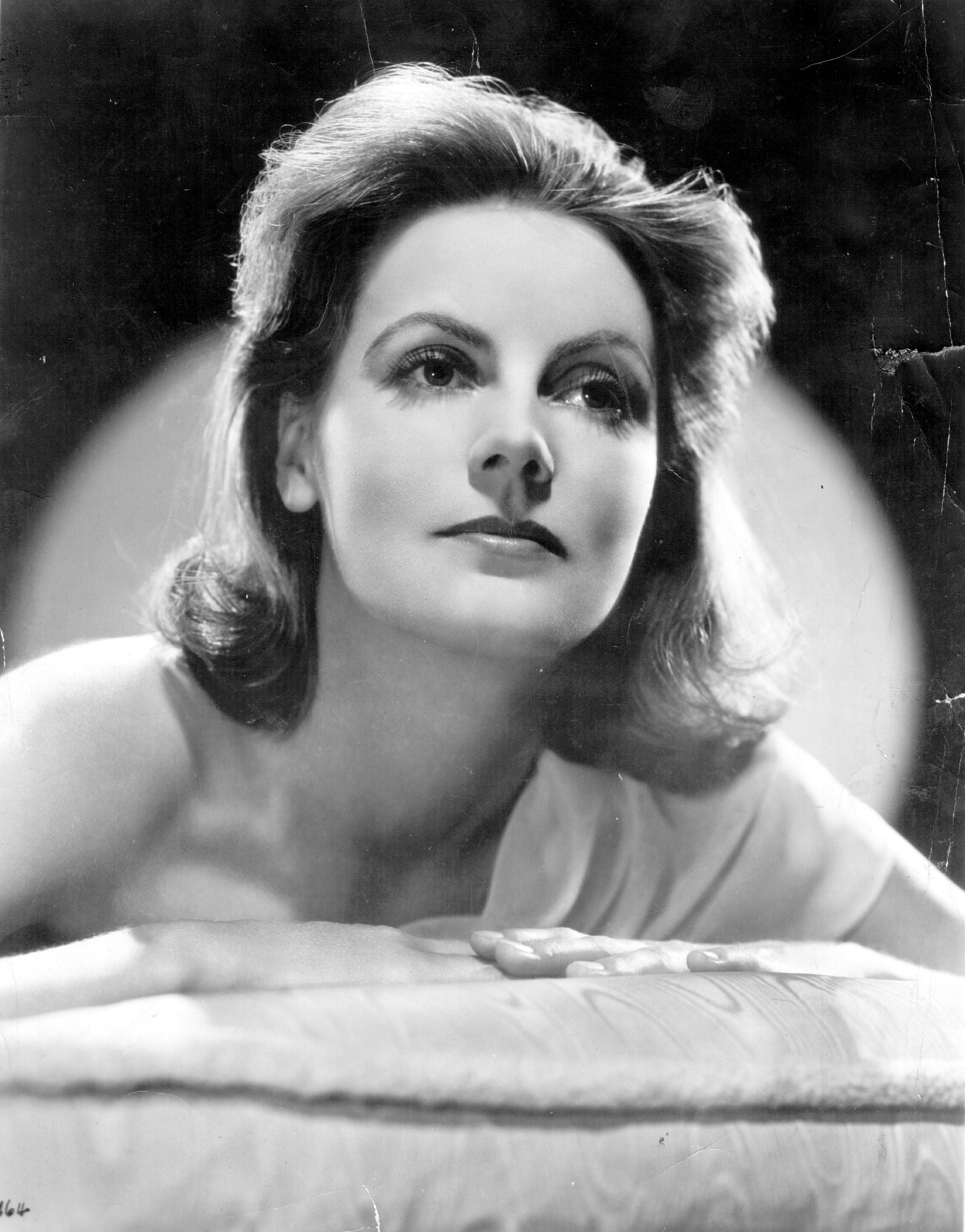Golden Globes 2015: What would Greta Garbo have made of it? Modern Hollywood needs more of her mystique
The glamour of yesteryear was in short supply at last week's ceremony. Maybe we know too much about the stars nowadays

As a notorious sceptic in the field of Hollywood celebrity, famous for not being able to recognise most of the famous actors glimpsed on forays in and out of the sitting room, I was unexpectedly gripped by footage of last week’s Golden Globes ceremony. Was it the sight of co-comperes Tina Fey and Amy Poehler trading wisecracks about Bill Cosby that did it? Or the surprise appearance by Prince? Or the distinctive hairstyle sported by Jared Leto (and who exactly is Jared Leto? Until four days ago I had no idea). No, what to these eyes seemed unusual about the proceedings was the almost desperate air of informality.
There they were, George and Meryl, Dame Helen and Ms Zeta-Jones, casually embodying all the lustre and éclat that modern showbiz has to offer, crammed into the same room and primed with cocktails, and the general atmosphere was pretty much like prom night. Benedict Cumberbatch could be seen photobombing Ms Streep as she posed for a snap with Margaret Cho; famous names queued up for selfies; blizzards of tweets descended into cyberspace. The photographs that filled the next day’s newspapers could have been taken at an office party, but for the fact that the collective worth of those present ran into several billion dollars.
Old-style Hollywood, a glance at cinematic history suggests, was not like this, not so keen to unbutton itself, not so avid to let its grins, giggles and embarrassments be instantly conveyed to a waiting audience of millions. The great thing about old-style Hollywood was how reluctant it was to allow even the most vestigial lid to be taken off its activities, and how high and impenetrable was the wall that separated performer and star-struck onlooker.
There is, for example, a wonderful P G Wodehouse story from the 1920s called “The Nodder”, whose hapless hero, Wilmot Mulliner, spurned by the girl he loves on the grounds that his role as an assistant yes-man is no kind of a job, manages to blackmail his way to preferment. Wilmot manages this feat by uncovering the closely kept secret that eight-year-old Johnny Bingley, “the Idol of American Motherhood”, is actually an alcoholic midget in his early forties.
Wodehouse is writing a burlesque, but the Burbank studios of the inter-war era were full of duplicities of this kind, most of which were dissipated or otherwise rendered harmless by the powerful mystique that hung over cinema in its early days. No one under the age of 80, you suspect, can properly comprehend the vast anaesthetising net that Hollywood cast over its first few generations-worth of audiences and the almost sacerdotal reverence with which a fan-base that had previously had to make do with radio or the printed word greeted these gods of the movie halls.
As a child I could never quite understand the fervour that my father brought to his accounts of the film stars of his youth, and the films themselves, whenever they turned up on slack afternoons on ITV, seemed drenched in sepia. Nonetheless, to their original audience they were the equivalent of despatches from another planet, the universal young person’s hobby, with moral and political implications to match and a component part in what might be described as one of the great mythological landscapes of the 20th century.
However sceptical the novelist, no novel of the period can altogether avoid dealing with this relationship. Thus Turgis, the pimply clerk in J B Priestley’s Angel Pavement (1930), spends his Saturday afternoon reading a film magazine before making his way to the “Sovereign Picture Theatre” in the West End, characterised as “a frontier outpost of the new age” where all the women present model their appearance on Greta Garbo – an actress whose name was a synonym for mysterious, elusive, feminine beauty.
Would Garbo have cared to turn up at the Golden Globes and run the risk of being photobombed by Benedict Cumberbatch? And what would Garbo’s fans have thought of her had she done so? For the modern attitude to celebrity is peculiarly double-edged. On the one hand there are still plenty of people out there who seem anxious to abase themselves in the presence of celluloid dreams (and even Mr Cumberbatch seems a little non-plussed by the legion of his female fans who call themselves the “Cumberbitches”), to draw strength from the illusions they peddle, and to enjoy existing – humble and presumably content – in their shadow.
On the other, the long lenses and 24-7 compass of the modern media stoke among the fan-base a desire for – no, an entitlement to – intimacy, an urge to know so much about the fancied object that, at the click of a button, reverence can mutate into something very close to contempt. The modern cine-fan, you feel, wants it both ways – to have exemplars who from one angle are impossibly remote from the confines of ordinary life and, from another angle, given the fine-tooth comb dragged through their lifestyles by the celebrity magazines are “just like us”, and as suitable a target for slander as fellow office-worker three desks down – see, for instance, the abuse now being hurled at poor Sophie Hunter, Cumberbatch’s much-trolled fiancée.
It will be fascinating to see where all this goes, and whether an audience now being encouraged by the technology prophets to pursue relationships with actors “on their own terms” really wants its idols to be only immensely better paid versions of themselves. Another adjective for that Golden Globes ceremony might possibly be “democratic”, but even the most confirmed liberal may sometimes wonder what democracy has ever done for the world of entertainment.

Join our commenting forum
Join thought-provoking conversations, follow other Independent readers and see their replies